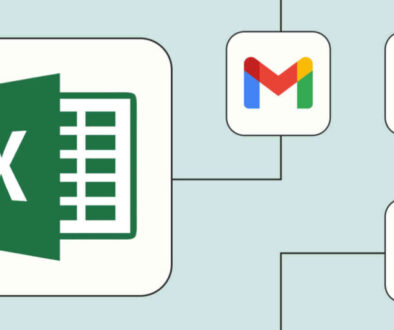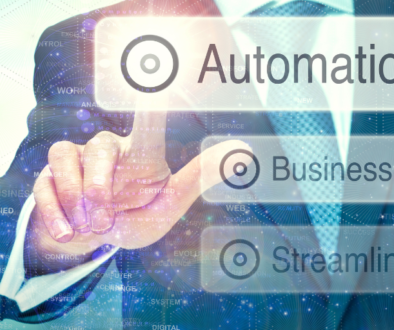Automate And Chill: Put The Computers To Work So You Don’t Have To
It’s 2022, and none of us have flying cars. It was boomer science fiction that promised flying cars; our stories promised a cyberpunk dystopia. In a world where technology destabilizes civilization, the climate is on the verge of collapse, and corporations control nearly every aspect of human life—including relationships.
So we’re right on schedule. We don’t have flying cars, but no one can tell us that reality hasn’t lived up to the science fiction stories we grew up with. We weren’t promised The Jetsons; we were promised Wall-E. And that’s what we’re getting in all ways but one: the characters in that movie stopped working, and we’re all more stressed than ever.
Think about that. Literally, the only part of that dystopian nightmare of a movie we’re not currently replicating, outside of the adorable robots, is the part where people work less.
We’re All Working Too Much
The economist John Maynard Keynes predicted that, by now, people would only need to work 15 hours a week. It didn’t exactly work out that way.
It’s important to put that prediction into context. In 1914, Ford cut worker hours while also increasing pay. The result was a spike in productivity and employees that were more loyal to Ford. It was so successful, in fact, that it arguably paved the way for what would become the 40-hour workweek.
Knowing that, makes an intuitive sort of sense to imagine that the trend would continue. But here we are, in the year 2022, still working 8-9 hour days. (At least in theory. One study shows that office workers only really focus for three hours a day and spend the rest of their time doing things like checking social media, reading the news, or chatting with coworkers.)
Various studies, including a recent one from Iceland, show that decreasing employee hours can increase employee happiness and have zero negative effects on productivity. And yet, the 40-hour workweek persists.
Automate Your Tasks, Then Don’t Replace Them
We talk about automation and really do believe that automating your work can give you time back in your day. But we don’t think we should automate our work just to free up time to…do more work. We should automate things and head home early. We should stop trying to fill up eight-hour days just because that’s how long a car company decided people should work a hundred years ago.
So here’s an idea: automate and chill.
I know, our culture worships work, and the idea that you could do less of it feels morally wrong. But it doesn’t have to be this way. If you automate a task that usually takes you two hours a day, you could spend those two hours working on something else—but you don’t have to. You could go for a walk, take a long lunch, or maybe do some meditating.
All of those things might help you focus, which might make you more productive, but that’s not why you should do them. That’s not the point of automate and chill. We’re not chilling so we can get more done—we’re getting more done so that we can chill.
Don’t automate so you can get more done. Automate so you can get the same amount done as before, in less time—and then relax.
Ready to learn more? Call Epic IT Consulting today at 608-496-8660 or fill out our online form.
Source: Zapier



